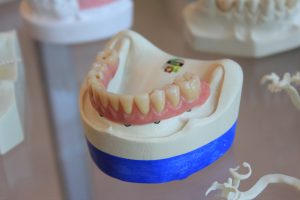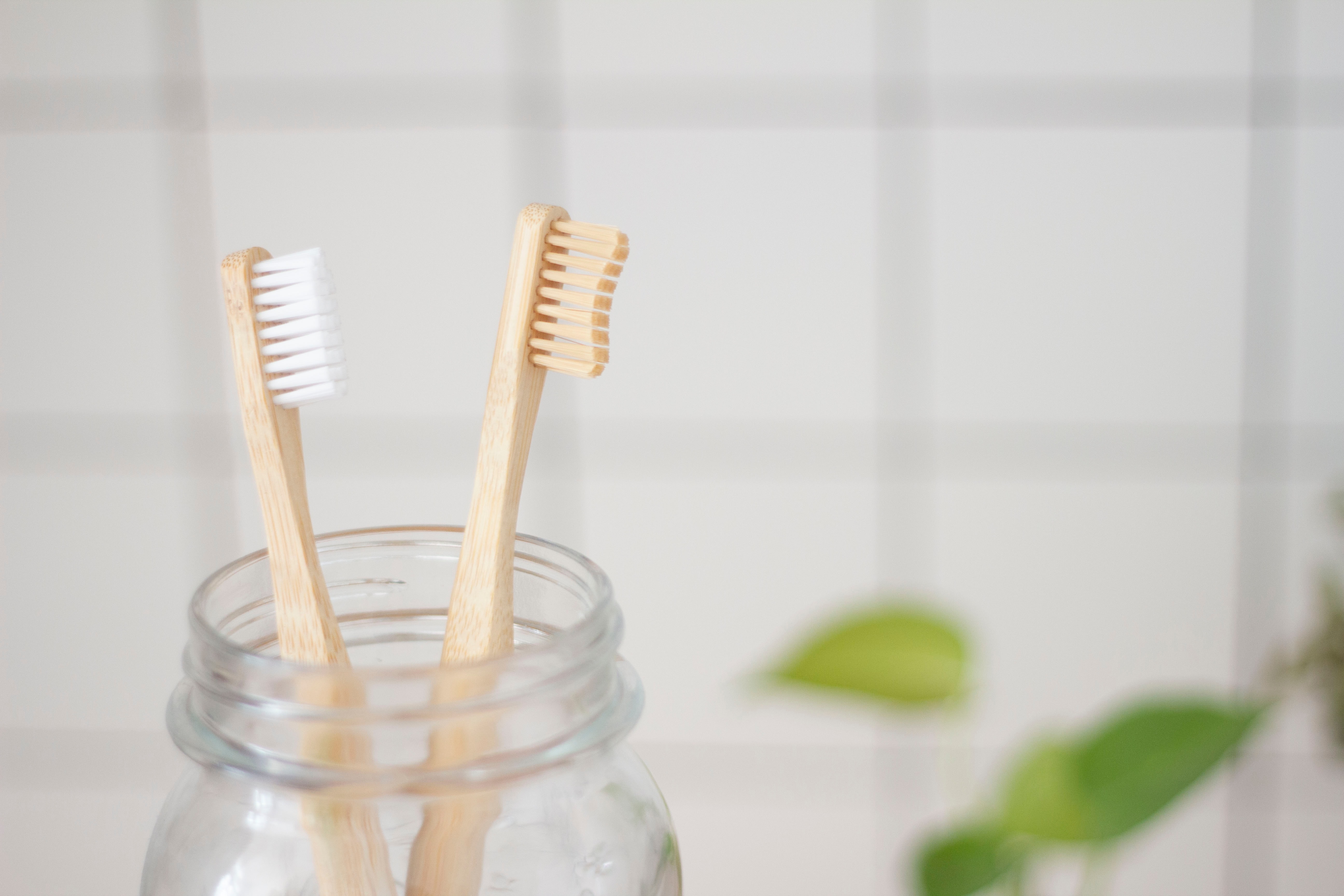Non-opioid tooth pain should be standard protocol, according to U-M researchers.
New data compiled by University of Michigan (U-M) researchers contends powerful painkillers such as opioids are no more effective than non-opioid options such as acetaminophen (Tylenol) or naproxen (Aleve) for treating pulled teeth. The researchers are hoping their findings significantly reduce the amount of opioid aftercare that is prescribed in dentistry.
More than 325 patients who had teeth pulled rated their level of pain and satisfaction within six months of the extraction. The researchers discovered, “About half of those who had surgical extraction and 39% of those who had routine extraction were prescribed opioids,” according to the study.
“Patient satisfaction with pain management was no different between the opioid group and non-opioid group, and it didn’t make a difference whether it was surgical or routine extraction,” study co-author Dr. Romesh Nalliah, associate dean for patient services at Michigan’s School of Dentistry, said.

Most surprising was that Nalliah and his team found those who were given opioids reported their pain worsened more often than those prescribed non-opioid options. They also discovered patients reported approximately half of the prescribed medication went completely unused, which has been a major issue of concern regarding opioid misuse. When medications are not disposed of properly, they can make their way into the hands of those who are feeding an addiction, and many pharmacies and medical facilities have recently instituted free safe disposal drop off programs.
“If leftovers are not disposed of properly, patients or people around them could be at risk of future opioid misuse,” the researchers noted.
“The real-world data from this study reinforces the previously published randomized-controlled trials showing opioids are no better than acetaminophen and nonsteroidal anti-inflammatory drugs for pain after dental extraction,” said study co-author Dr. Chad Brummett, director of the Division of Pain Research at Michigan Medicine.
The authors said the results “suggest that major changes are needed in dental prescribing practices in light of the current opioid crisis in the United States.” However, Nalliah disagrees with the American Dental Associations’ seven-day supply recommendation. The policy, instituted in 2018, states:
“The ADA supports mandatory continuing education in prescribing opioids and other controlled substances;
The ADA supports statutory limits on opioid dosage and duration of no more than seven days for the treatment of acute pain, consistent with the Centers for Disease Control and Prevention evidence-based guidelines;
The ADA supports dentists registering with and utilizing Prescription Drug Monitoring Programs (PDMPs) to promote the appropriate use of opioids and deter misuse and abuse.”
At the time, the agency’s president Joseph P. Crowley, D.D.S. said, “As president of the ADA, I call upon dentists everywhere to double down on their efforts to prevent opioids from harming our patients and their families. This new policy demonstrates ADA’s firm commitment to help fight the country’s opioid epidemic while continuing to help patients manage dental pain.”
“I think we can almost eliminate opioid prescribing from dental practice,” Nalliah said. “Of course, there are going to be some exceptions, like patients who can’t tolerate nonsteroidal anti-inflammatories. I would estimate we can reduce opioid prescribing to about 10% of what we currently prescribe as a profession.”
Sources:
After Tooth Pull, Opioids Don’t Relieve Pain Better Than Other Meds: Study
Ouch: Patients prescribed opioids after tooth extraction report worse pain


Join the conversation!